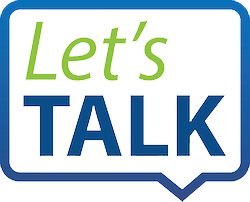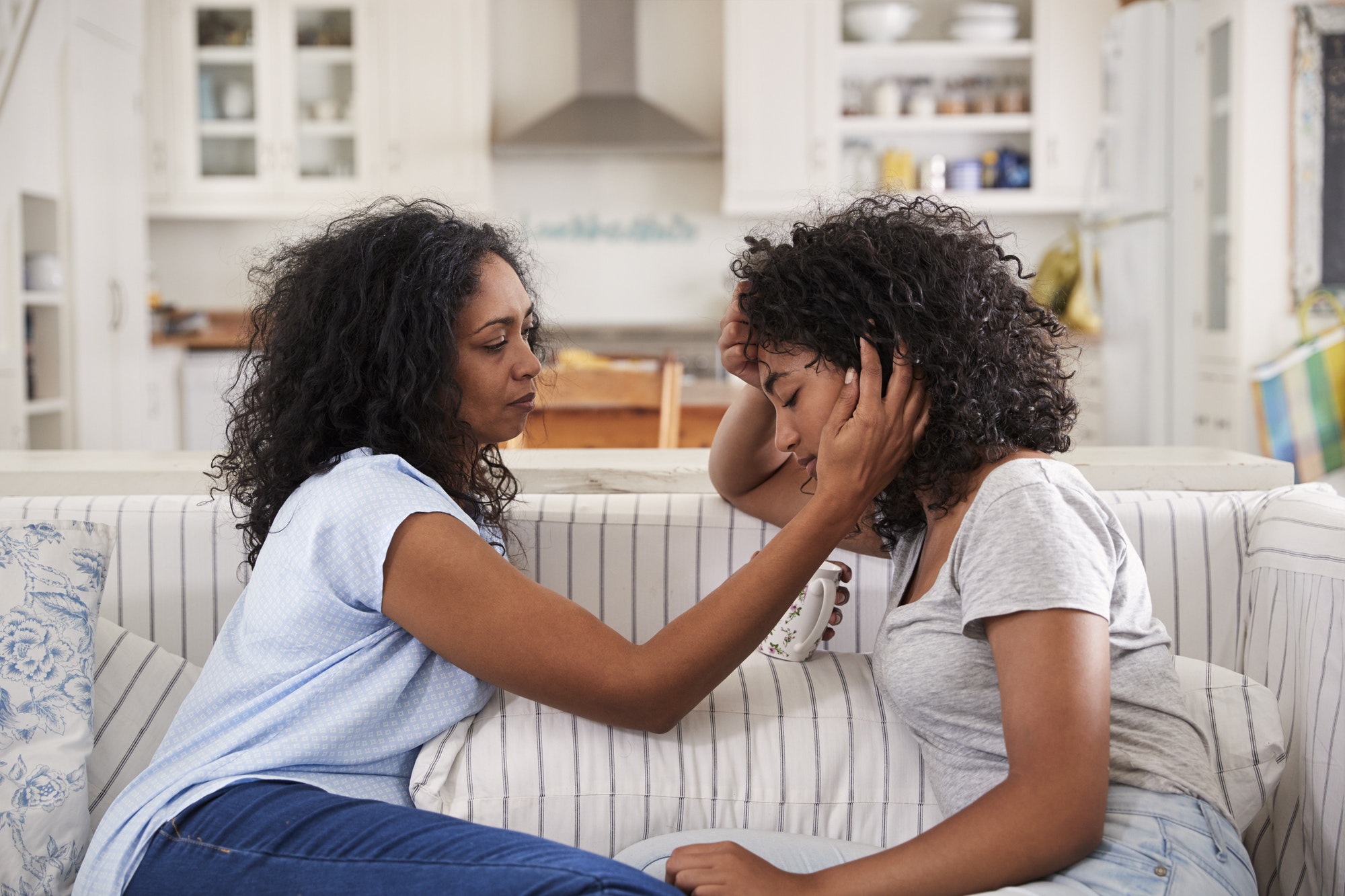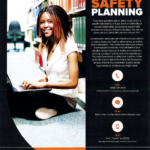

We want you to feel empowered to get the support you deserve. No one should have to go through an unhealthy or abusive relationship alone. Consider these steps when turning to someone you have chosen for support.
Let’s Talk About: Identifying Someone to Help You
Think about the person you are considering turning to for support. Do you think they will be a good listener? Do they have your best interests at heart? Think about who you are most comfortable discussing this problem with.
Let’s Talk About: Sharing
You may never be completely ready to share, but it’s important to make a start. So after a lot of consideration, you have chosen someone you feel you can share this problem with. Anyone facing a tough time is never ready to talk — and that’s OK. It can be very hard to bring up a topic as serious as dating abuse. Try to spend quality time with the person you feel may be able to help, so you are more comfortable when you do feel ready to talk. This may be true even with a Safe Journey teen counselor advocate. Start slowly and just get to know the advocate first. They are not there to push you but simply to listen and help you through your process, however long that may take.
Let’s Talk About: Boundaries
You have the right to decide what boundaries are right for you when sharing information with others. Once you’ve decided to talk to someone about your problem, consider what you want from them. What role do you need them to serve? If you want them only to listen when you talk, let them know. If you do not want advice from them, let them know. If you want them to go with you to see a teen counselor advocate, let them know. If you want the information you are sharing with them to be confidential, let them know. It’s up to you to set your boundaries.
Let’s Talk About: Your Situation
It can be difficult to talk about dating abuse. It’s hard to find the right words to start the conversation. You could start by saying, “I have worries about my relationship but I’m very nervous to talk about it.” You could refer them to our safedatesmatter.org website to help them understand what you may be going through. No matter how you start the conversation, know that you are doing the right thing by seeking help.
Let’s Talk About: Getting Others Involved
Due to the seriousness of the situation, there might be times when the person you have shared your problem with might tell you it’s important to share it with someone else. If they know you were physically abused or threatened, or if they are concerned for your safety, they may tell someone about your situation. This could be someone from the school, a parent, or even a school police officer. Sharing can be risky, but the support you receive from that person can outweigh your feelings of distrust.
Let’s Talk About: Helpers’ Reactions
Once you share information with other people, you may face a number of different reactions. Family members may react in a way that makes you feel like they’re upset with you. More likely, they are upset with the person who is abusive to you or about the situation you are in. They’re upset because they love you and don’t want you to be mistreated. Sometimes, the person with whom you share information may say negative things about your dating partner. It’s OK for you to let them know that is not helpful to you, and that you really need them to just listen.
Let’s Talk About: When Others Like the Abuser
Your abusive dating partner may be well-liked by your friends or family members. If your family likes the person you are with, it may be difficult to get them to see or understand that this person is abusing you. However, talking to someone you are closer to within the family or someone else, like a friend that knows your relationship situation, may be helpful. That person may be able to help you talk to your family about your abusive partner. Remember, although your family may like your partner, they should also want the best for you.




